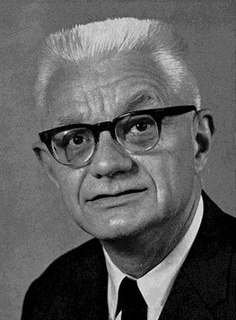A Quote by Leonardo da Vinci
Those who condemn the supreme certainty of mathematics feed on confusion, and can never silence the contradictions of the sophistical sciences which lead to eternal quackery.
Related Quotes
The propositions of mathematics have, therefore, the same unquestionable certainty which is typical of such propositions as "All bachelors are unmarried," but they also share the complete lack of empirical content which is associated with that certainty: The propositions of mathematics are devoid of all factual content; they convey no information whatever on any empirical subject matter.
The confusion, the difficulties, the contradictions which, in consequence of a want of accurate distinctions in this particular, have up to even a recent period encumbered mathematics in all those branches involving the consideration of negative and impossible quantities, will at once occur to the reader who is at all versed in this science, and would alone suffice to justify dwelling somewhat on the point, in connexion with any subject so peculiarly fitted to give forcible illustration of it as the Analytical Engine.
Thus metaphysics and mathematics are, among all the sciences that belong to reason, those in which imagination has the greatest role. I beg pardon of those delicate spirits who are detractors of mathematics for saying this . . . . The imagination in a mathematician who creates makes no less difference than in a poet who invents. . . . Of all the great men of antiquity, Archimedes may be the one who most deserves to be placed beside Homer.




































